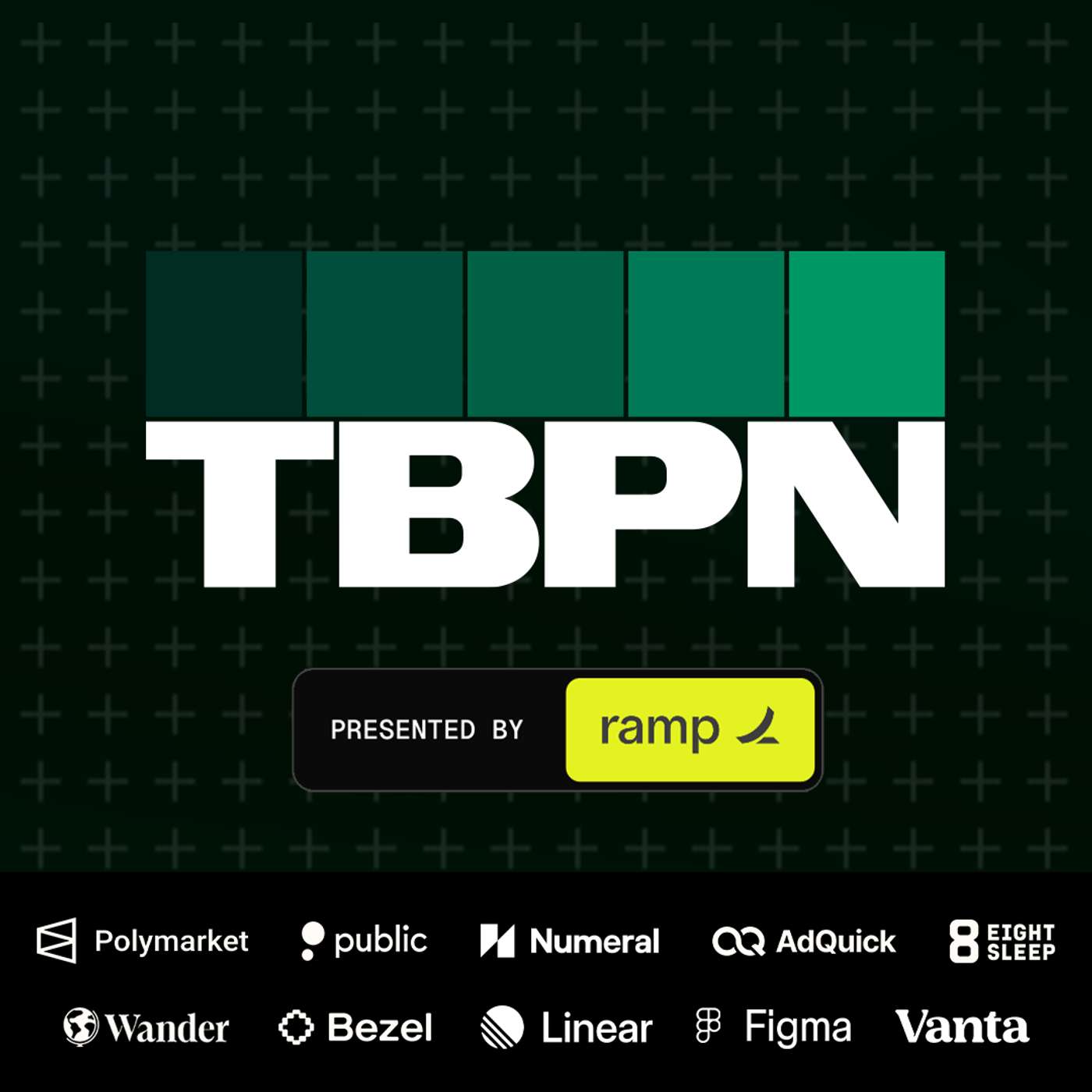
OpenAI Day: GPT-5 Unveiled | Mark Chen, Greg Brockman, Sarah Friar, Max Schwarzer, Brad Lightcap & More
🤖 AI Summary
Overview
This episode dives deep into the launch of GPT-5, exploring its transformative impact on AI applications, particularly in software engineering, enterprise adoption, and personalized user experiences. Featuring insights from OpenAI executives and industry leaders, the discussion highlights the model's enhanced reasoning capabilities, cost-effectiveness, and its potential to reshape workflows across industries.
Notable Quotes
- GPT-5 is not just smarter; it's a developer for developers by developers.
- Claire Vo, on the model's engineering focus.
- The magic is in the reward function. Fix that, and the model stops saying things that are false.
- Max Schwarzer, on improving model reliability.
- We’re moving from the lab to reality. AI is now about how much it uplifts humanity.
- Greg Brockman, on AI’s broader societal impact.
🧠 Enhanced Reasoning and Model Integration
- Mark Chen emphasized GPT-5’s ability to seamlessly integrate reasoning models, eliminating the need for users to choose between versions. This improves efficiency and user experience.
- The model excels in agentic reasoning, enabling iterative problem-solving and self-correction, particularly in complex tasks like coding and technical workflows.
- Personalization and memory are key focuses, with GPT-5 designed to understand user motivations and context deeply, making interactions more intuitive.
💻 Revolutionizing Software Engineering
- Greg Brockman highlighted GPT-5’s transformative impact on software engineering, describing it as a leap forward in coding reliability and utility.
- Developers like Zach Lloyd and Riley Tomasek praised the model’s ability to handle complex coding tasks, from debugging to generating high-quality code reviews.
- The model’s enhanced tool-calling capabilities allow it to explore environments dynamically, making it a game-changer for agentic workflows.
🏢 Enterprise Adoption and Compute Infrastructure
- Sarah Friar revealed that ChatGPT now boasts 700 million weekly active users and 5 million paying business users, with enterprise adoption accelerating.
- OpenAI’s significant investments in compute infrastructure, including partnerships with Oracle and Microsoft, are critical to scaling AI capabilities.
- Friar emphasized the importance of balancing cost, speed, and utility for enterprise clients, with GPT-5 offering improvements across all three dimensions.
🎮 Creative and Consumer Applications
- GPT-5’s ability to generate interactive games and applications directly within ChatGPT was highlighted as a potential Studio Ghibli moment
for coding.
- The model’s steerability and creativity make it ideal for both professional and personal use cases, from building websites to creating personalized gaming experiences.
- However, some users noted quirks, such as a tendency to overuse bullet points and generate verbose outputs, which may require fine-tuning for specific applications.
🌍 AI in Government and Open Source
- OpenAI launched a $1/year ChatGPT product for U.S. federal agencies, aiming to modernize government workflows and democratize AI access.
- Open source remains a priority, with the release of GPT-5 Nano enabling edge and on-premise use cases, expanding AI’s reach into sensitive environments.
- Brad Lightcap stressed the importance of fostering AI fluency within government and enterprise sectors to maximize societal benefits.
AI-generated content may not be accurate or complete and should not be relied upon as a sole source of truth.
📋 Episode Description
- (01:18) - AI Model Whiteboard Breakdown
- (26:23) - Mark Chen, Chief Research Officer at OpenAI, discusses the recent launch of GPT-5, emphasizing its enhanced reasoning capabilities and seamless integration of various AI models to improve user experience. He highlights the model's ability to perform complex tasks more efficiently, reducing the need for users to choose between different model versions. Chen also touches on the importance of personalization and memory in AI, aiming to make interactions more intuitive and tailored to individual users.
- (57:52) - Greg Brockman, co-founder and president of OpenAI, discusses the evolution of the GPT series, highlighting the progression from GPT-1's foundational capabilities to GPT-5's transformative impact on software engineering. He reflects on the challenges and breakthroughs in developing these models, emphasizing the importance of scaling and infrastructure in achieving advanced AI functionalities. Brockman also touches on the broader implications of AI, including its role in enhancing human productivity and the necessity for responsible development to maximize societal benefits.
- (01:31:55) - Sarah Friar, OpenAI's Chief Financial Officer since June 2024, previously served as CEO of Nextdoor and CFO at Square. She discusses the rapid growth of ChatGPT, now with 700 million weekly active users, the expansion of enterprise adoption to 5 million paying business users, and the importance of substantial investments in compute infrastructure to support future AI developments.
- (01:52:13) - Dedy Kredo, Co-Founder and Chief Product Officer of Qodo (formerly CodiumAI), discusses the integration of GPT-5 into their platform to enhance code review processes. He highlights the model's improved capabilities in generating high-quality code reviews, identifying bugs before production, and ensuring enterprise code aligns with best practices. Kredo emphasizes the importance of AI agents in automating code review tasks while maintaining human oversight to verify code quality and adherence to standards.
- (01:59:11) - Zach Lloyd, founder and CEO of Warp, discusses the significant advancements in AI models, emphasizing their enhanced capabilities and cost-effectiveness, which are particularly beneficial for individual developers and small teams. He highlights the importance of competition among model providers to drive down prices and improve quality, expressing hope for a future where multiple competitive models coexist, similar to cloud service providers. Additionally, Lloyd addresses the challenges of model deprecation, noting that for application-level stacks like Warp, transitioning to the latest models is straightforward and advantageous.
- (02:11:15) - Riley Tomasek is a serial entrepreneur and the Founder & CEO of Charlie Labs, home of an AI-driven "autonomous TypeScript engineer" designed to accelerate code reviews and merge processes. Previo
